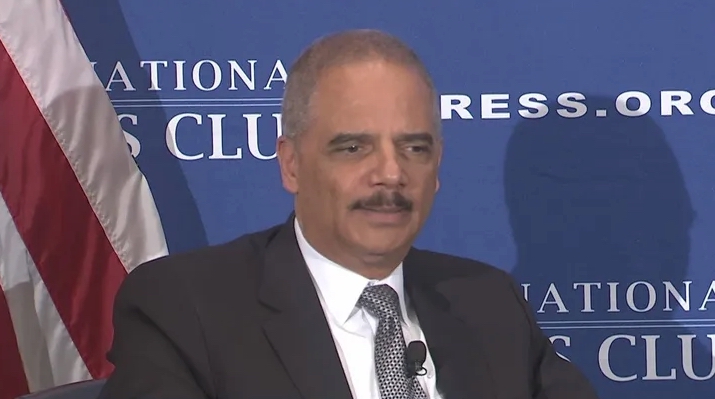Why isn’t North Carolina on the list of states challenging the EPA’s Waters of the United States rule? The Hill reports that, while the EPA will respect a District Court injunction as far as those states are concerned, all the rest, including North Carolina, will “lose their sovereignty over intrastate waters”:
A federal judge in North Dakota acted late Thursday to block the Obama administration’s controversial water pollution rule, hours before it was due to take effect.
Judge Ralph Erickson of the District Court for the District of North Dakota found that the 13 states suing to block the rule met the conditions necessary for a preliminary injunction, including that they would likely be harmed if courts didn’t act and that they are likely to succeed when their underlying lawsuit against the rule is decided.
The decision is a major roadblock for the Environmental Protection Agency (EPA) and the Army Corps of Engineers, who were planning Friday to begin enforcing the Waters of the United States rule, expanding federal jurisdiction over small waterways like streams and wetlands. …
“Once the rule takes effect, the states will lose their sovereignty over intrastate waters that will then be subject to the scope of the Clean Water Act,” Erickson wrote in his order.
“While the exact amount of land that would be subject to the increase is hotly disputed, the agencies admit to an increase in control over those traditional state-regulated waters of between 2.84 to 4.65 percent. Immediately upon the rule taking effect, the rule will irreparably diminish the states’ power over their waters,” he continued, calling the Obama administration’s interpretation of its jurisdiction “exceptionally expansive.” …
In a statement shortly after the ruling, the EPA was defiant and said that the injunction only applies in the thirteen states that filed for it: Alaska, Arizona, Arkansas, Colorado, Idaho, Missouri, Montana, Nebraska, Nevada, New Mexico, North Dakota, South Dakota and Wyoming.
“In all other respects, the rule is effective on August 28,” EPA spokeswoman Melissa Harrison said in the statement. “The agencies are evaluating these orders and considering next steps in the litigation.”


